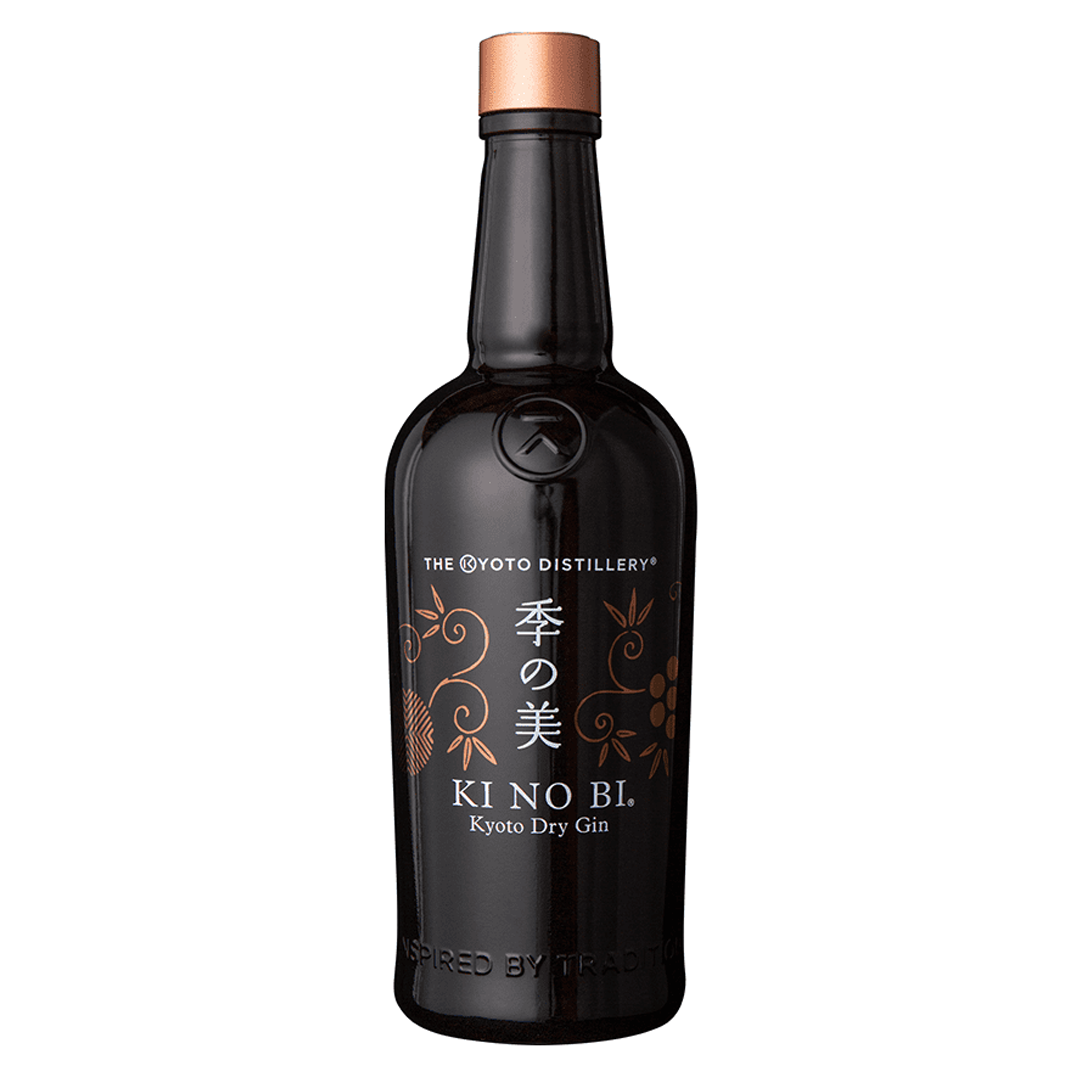Ki No Bi Kyoto Dry Gin
Ki No Bi Kyoto Dry Gin
Country: Japan
Region:
Volume: 700ml
Distillery Background and History
The Kyoto Distillery was founded in 2015 as Japan’s first distillery dedicated to gin. Located in Kyoto, it draws on the city’s rich tradition of craftsmanship and sake-making. Ki No Bi (meaning “the beauty of the seasons”) is distilled, blended, and bottled on site, aiming to reflect local botanicals and the elegance of Kyoto.
Master Distiller and Production Philosophy
The distilling and blending team (led by founders including Alex Davies) divides botanicals into six “Elements” (Base, Citrus, Tea, Herbal, Spice, Fruity & Floral). Each element is distilled separately, then recombined in precise proportions. Their philosophy is to let each botanical shine while preserving balance and a distinctly Japanese accent.
Source of Ingredients (Grain, Water, Yeast)
The base spirit is rice spirit, chosen for its purity and compatibility with Japanese botanicals. Water is sourced from Fushimi in Kyoto, a region famed for its sake-brewing water: ultra-soft and clean, used without heavy mineral removal. Botanical ingredients (yuzu, sanshō, gyokuro, hinoki, bamboo, etc.) are sourced locally or regionally.
Distillation Process
Each botanical element is macerated or vapor-infused separately, then distilled in copper stills. The distillery uses a 140-L still with integrated botanical basket and a 450-L hybrid still to handle different styles. After distillation, the separate spirits are blended.
Maturation & Cask Information
This gin is not aged in casks — no barrel influence, aging, or wood contact.
Tasting Notes
Nose: Bright yuzu citrus, a thread of sanshō pepper like morning mist, green tea leaf, gentle herbal undercurrent.
Palate: Juniper backbone complemented by botanical complexity: citrus, tea, ginger, herbal notes. Bold yet elegant.
Finish: Warming ginger spice, lingering botanical herbal echo, soft citrus persistence.
Food Pairing Suggestions
Sushi, sashimi, tempura, light fish, yuzu-flavored dishes, Japanese pickles, dashi soups, or subtle herbal salads. Citrus desserts also pair nicely.
Serving Suggestions and Ideal Glassware
Serve neat or over a large cube of ice. Use a tulip gin glass or snifter to concentrate the aromas. In cocktails, use light mixers (e.g. premium tonic or soda) to preserve the delicate botanicals. Garnish with a twist of yuzu or lemon.
Storage and Aging Potential
Stable once bottled. Store upright, in a cool, dark place. Gin is not designed for aging—its botanicals may slowly fade but will not improve with time.
Grain Type & Mash Bill (if applicable)
Not applicable. Gin built on a rice spirit base; no mash bill in the whisky sense.
ABV (Alcohol by Volume)
45.7 % ABV
Couldn't load pickup availability
360 in stock
View full details

